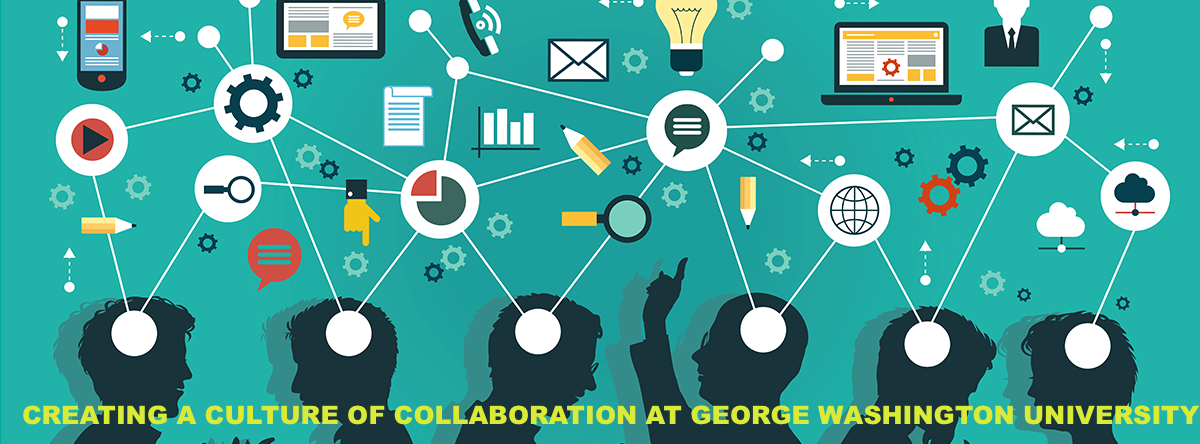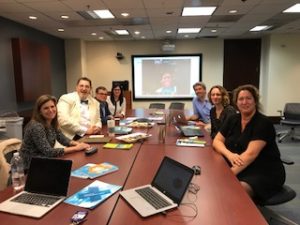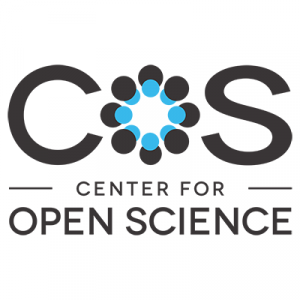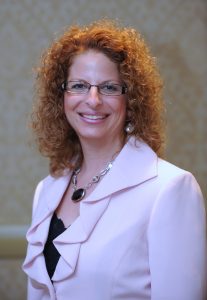Creating a Culture of Collaboration at George Washington University (C3@GWU) presents
Structuring Teams to Capitalize on Collaborative Technologies
Missed today's session?....Watch it at:
https://gwu.webex.com/mw3200/mywebex/nbrshared.do

DATE: Friday, April , 21 2017
LOCATION: National Churchill Library & Center, Gelman Library 1st floor
or join us by Webex at http://go.gwu.edu/43v
TIME: 10:00am-12:00pm
Collaborative teams can benefit from using a variety of emerging technologies. In this University Seminar event, colleagues from across the GWU campus will examine the roles for collaborative technologies in our work, and how we can best structure our teams to utilize these resources. Collaborative technologies for sense-making, project management, learning and knowledge sharing, and collaborative data analysis will all be explored during the symposium. Since most collaboration begins with informal conversations, following the panel discussion there will also be time to share experiences with your colleagues.
Light refreshments will be served.
Format and Panelists: The first 50 minutes will be dedicated to the panel. In the round table session that follows, each panelist will move to one of the tables and attendees can join the table that most interests them. At each table, the group will be asked to identify one practical thing that they can do to in order to improve use of collaborative technologies within their teams in each of the following areas: (a) communication among team members, (b) sharing of files, (c) project management, and (d) co-development of products (e.g., collaborative editing, or collaborative analysis of data).
Sample questions: Are there things that you do to ensure that the writing collaboration will be successful? Do you have specific technologies that you employ when you're working with a group? Does it differ if the group is spread across the country or the world? What things do you (or others in the group) do to make sure you're using the technology in a productive way? Or
Your table's discussion may end up focusing more on establishing specific roles or a team charter. There may be some overlap as well as a team sets guidelines for communication expectations, frequency of logging in to the collaborative technology, etc.
Sharon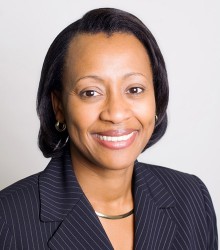 Hill, PhD (Team Projects) Dr. N. Sharon Hill is an associate professor of management at The George Washington University School of Business. Her research focuses on (1) organizational change and (2) virtual work arrangements where the use of technology replaces traditional face-to-face interaction. A dominant theme in her research is the critical role that leadership at different levels of the organization plays in facilitating the success of both organizational change and virtual teamwork. Her articles have appeared in such leading outlets as Organizational Behavior and Human Decision Processes, Organization Science,
Hill, PhD (Team Projects) Dr. N. Sharon Hill is an associate professor of management at The George Washington University School of Business. Her research focuses on (1) organizational change and (2) virtual work arrangements where the use of technology replaces traditional face-to-face interaction. A dominant theme in her research is the critical role that leadership at different levels of the organization plays in facilitating the success of both organizational change and virtual teamwork. Her articles have appeared in such leading outlets as Organizational Behavior and Human Decision Processes, Organization Science, Personnel Psychology, Leadership Quarterly and Research in Personnel and Human Resource Management.
Personnel Psychology, Leadership Quarterly and Research in Personnel and Human Resource Management.
Alan E. Greenberg, MD, MPH. (Collaboration for Research) Professor and Chair of the Department of Epidemiology and Biostatistics. He is also Professor in the Departments of Medicine and of Microbiology, Immunology and Tropical Medicine in the School of Medicine and Health Sciences. He is a graduate of GW’s School of Medicine and leads a number of key research activities, including:
- Director of the NIH-supported District of Columbia Developmental Center for AIDS Research (DC D-CFAR)
- Founding Director of the GW Center for HIV/AIDS Epidemiology, Biostatistics and Public Health Laboratory Research.
- Principal Investigator of the "Public Health Partnerships" between GW and the District of Columbia Department of Health and the Elizabeth Glaser Pediatric AIDS Foundation.
- Site Leader for NIH-funded HIV Prevention Trials Network Clinical Research Site.
- GW Secretariat for the NIH-DC DOH Partnership for AIDS Progress (PFAP).
Rosy Jurjus, MD, PhD. (collaboration for publishing) Assistant Professor of Anatomy and Regenerative Biology. 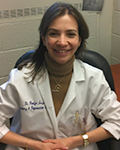 After obtaining her Medical Degree in July 2005, Dr Jurjus was exposed to different research topics and worked with various collaborators in Lebanon, France, Italy and in the United States. Such exposures instilled in her the interest and motivations for an eventual academic career, including teaching and research, away from direct medical practice and patient care. In addition to her research interests she teaches the anatomical sciences mainly in human gross anatomy and histology. She has transitioned from a primary care physician to a basic scientist and an educator. Her long-term career goal is to combine the two and to conduct research with a strong translational focus as well as in medical education within an academic environment.
After obtaining her Medical Degree in July 2005, Dr Jurjus was exposed to different research topics and worked with various collaborators in Lebanon, France, Italy and in the United States. Such exposures instilled in her the interest and motivations for an eventual academic career, including teaching and research, away from direct medical practice and patient care. In addition to her research interests she teaches the anatomical sciences mainly in human gross anatomy and histology. She has transitioned from a primary care physician to a basic scientist and an educator. Her long-term career goal is to combine the two and to conduct research with a strong translational focus as well as in medical education within an academic environment.
Paige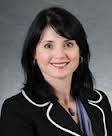 McDonald, EdD, (collaboration for teaching) Director, Health Sciences Core Curriculum. Assistant Professor of Clinical Research and Leadership. Dr. Paige McDonald has over 20 years of leadership in military, educational and consulting sectors. She served for five years on active-duty in the United States Navy as an Antisubmarine Warfare Officer and Administrative Department Head. Dr. McDonald has over 16 years experience teaching undergraduate and graduate courses in various higher education settings. She has taught at The George Washington University since 2008. Dr. McDonald’s research interests include adult learning, blended learning, online learning, meta-cognition, reflective practice, and change.
McDonald, EdD, (collaboration for teaching) Director, Health Sciences Core Curriculum. Assistant Professor of Clinical Research and Leadership. Dr. Paige McDonald has over 20 years of leadership in military, educational and consulting sectors. She served for five years on active-duty in the United States Navy as an Antisubmarine Warfare Officer and Administrative Department Head. Dr. McDonald has over 16 years experience teaching undergraduate and graduate courses in various higher education settings. She has taught at The George Washington University since 2008. Dr. McDonald’s research interests include adult learning, blended learning, online learning, meta-cognition, reflective practice, and change.

